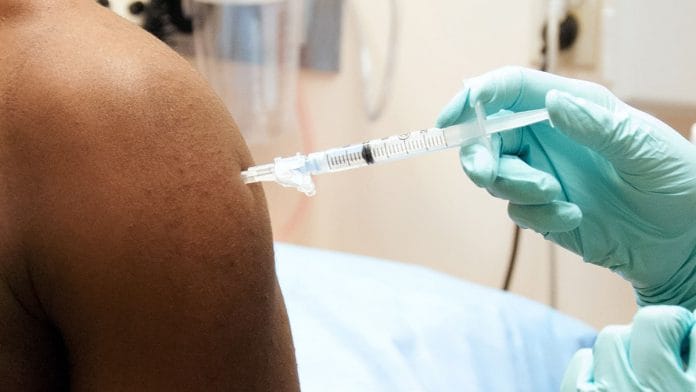People are obsessed with conspiracy theories or rather, people are curious and constantly question things they can’t easily comprehend.
The current Covid-19 crisis was no exception and witnessed everything — people believing the pandemic is a hoax, anti-mask protests and even suspecting the virus is man-made.
Following this, the fact that people have reservations about the vaccines is not very surprising.
However, in this case, it seems the reservations are not unfounded. Genuine questions about the efficacy and safety of vaccines have not been not answered at large. There seems to be a communication gap between the government and the people, leading to chaos and misinformation.
Credible and trustworthy individuals such as scientists and medical professionals need to make people aware of the effectiveness and urgency of the vaccine with solid proof. This will help people in making a more informed decision.
Containing misinformation
The misinformation on the Covid vaccines, which is being spread through social media in the form of WhatsApp forwards and even by some media organisations, need to be curtailed and reported.
The impact of these sources is massive. People seem to form their strong opinions solely based on the media outlets and the pages they follow.
Helping people spot the difference between fake and real news can come handy. For example, an unreliable article will have a clear bias or it may come from a completely unfamiliar source.
Campaigning and advertising with familiar faces can also go a long way. The success of the polio vaccination campaign featuring actor Amitabh Bachchan is proof that people tend to mirror the ideologies and actions of celebrities.
Advertising the safety of the vaccine with the help of a popular celebrity will significantly improve the credibility of the vaccine among the viewers.
Addressing every demography
There is, however, also a need to address the concerns of every demography, age group, political affiliation and religious groups.
If powerful and prominent figures of the country, like chief ministers and cabinet ministers, volunteer to take the vaccination and clear their stand, it will help build public confidence and people are likely to follow in their footsteps.
Having said that, politicising the vaccine as a means to attack or defend a political party can be an unethical move, risking the health and well-being of the public at large.
Evaluating the present scenario, we seem to be doing better than the West. People seem to be cooperating, there has been no anti-mask protest or anti-vaccine protest as such.
And yet, creating general awareness and safety parameters for the citizens will be a major responsibility for the government.
Shreeya Shetty is a student of Sydenham College of Commerce and Economics, Mumbai






